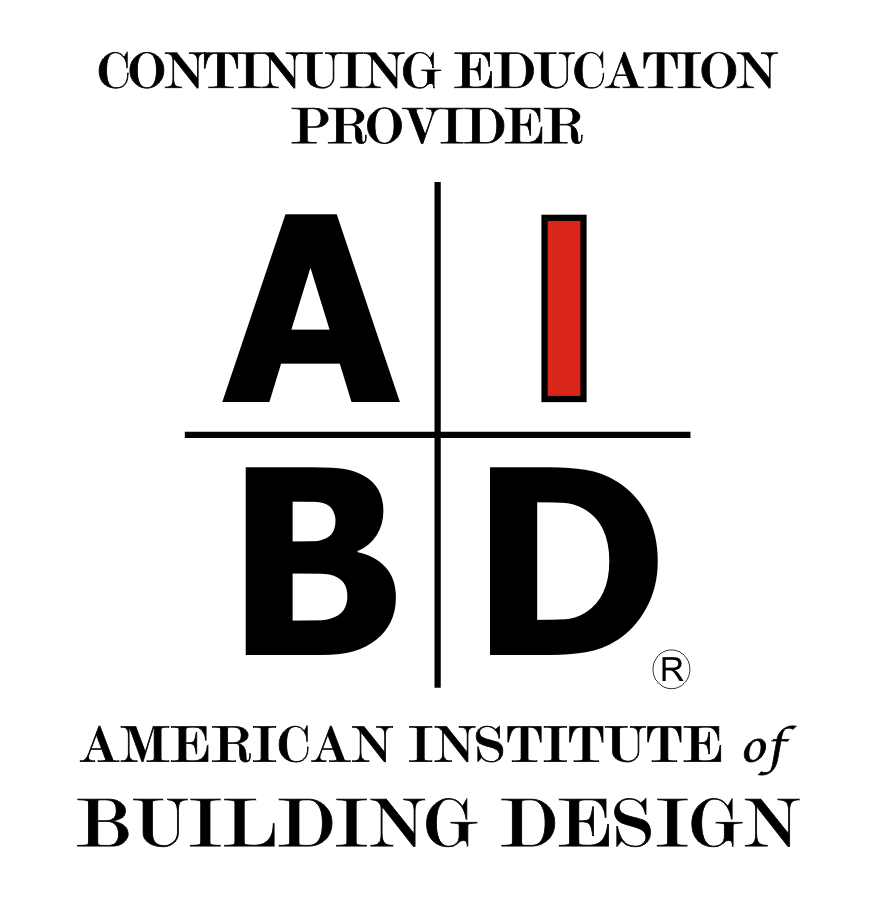Sustainable & Resilient Stainless Steel Structural Design
Sustainability and resilience of stainless steel
Sponsored by The Ornamental Metal Institute of New York | Presented by Catherine Houska
Webinar On-Demand
In a changing world, it is critical to consider both sustainability and resilience when selecting structural materials. Stainless steel’s inherent corrosion resistance, high recycled content, ability to absorb energy (i.e., blast, impact, seismic events, landslides), fire performance, and strength make it an ideal choice. While the ability to use stainless steels without coatings makes it aesthetically appealing, it is also commonly used for hidden applications, such as historic restoration and to extend the life of other materials.
The publication of the new AISC 370-22 specification for structural stainless steel, AISC 313-22 code of standard practice, and substantial revision of the ASCE/SEI 8-22 specification for cold formed stainless steel, structural design with austenitic and duplex stainless steels has become much easier. This presentation will introduce these publications, summarize information on the sustainability and resilience of stainless steel, and provide project examples.

Photo courtesy of Rogers Stirk Harbour + Partners
 |
Catherine Houska, is an internationally recognized architectural and structural metals consultant with over 35 years of experience, author of more than 200 publications and frequent speaker. She is a subcommittee Vice Chair for AISC 370 Specification for Structural Stainless Steel and an active member of the committees for AWS D1.6 Structural Welding Code Stainless Steel, AISC 313 Code of Standard Practice for Structural Stainless Steel Buildings, AISC Steel Design Guide 27: Structural Stainless Steel, and ASCE/SEI 8 Specification for the Design of Cold-Formed Stainless Steel Structural Members. At ASTM, she Chairs ASTM E60.80 General Sustainability standards, which develops international sustainability and resilience standards, and a member of the US TAG to ISO TC59 SC17 Sustainability in Buildings and Civil Engineering Works. In ASTM A01 on Steel, she is the author or technical contact of several structural standards. Catherine is also a member of AMPP, CSI, ASM, and ASTM committees E06, E50, E54, and G01. Ms. Houska is President of Catherine Houska Consulting, LLC in Pittsburgh, PA. She has a B.S. in Metallurgical Engineering & Materials Science from Carnegie Mellon University and an M.B.A. from Case Western Reserve University. She has received two society and 5 regional Technical Awards from the Construction Specifications Institute. |
The Ornamental Metal Institute of New York is a not-for-profit association created to advance the interests of the architectural, ornamental, and miscellaneous metal industries by helping architects, engineers, developers, and construction managers transform designs into reality.
Originally published in Architectural Record
Originally published in September 2023
LEARNING OBJECTIVES
- Discuss the new AISC and SEI/ASCE 8 specifications, code and design guide, and resources for the selection of stainless steel for structural applications.
- Examine current data and resources available for assessing the sustainability of stainless steel.
- Identify the inherent characteristics of stainless steel that make it resilient and how it compares with other metals.
- Explain where stainless steel is being used structurally and the reasons for its selection











